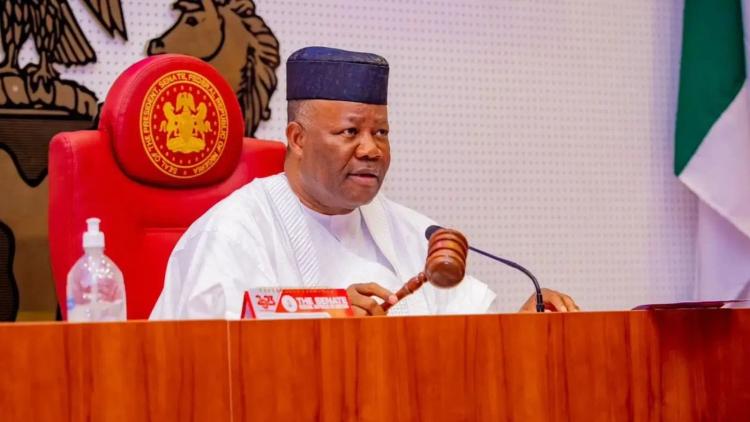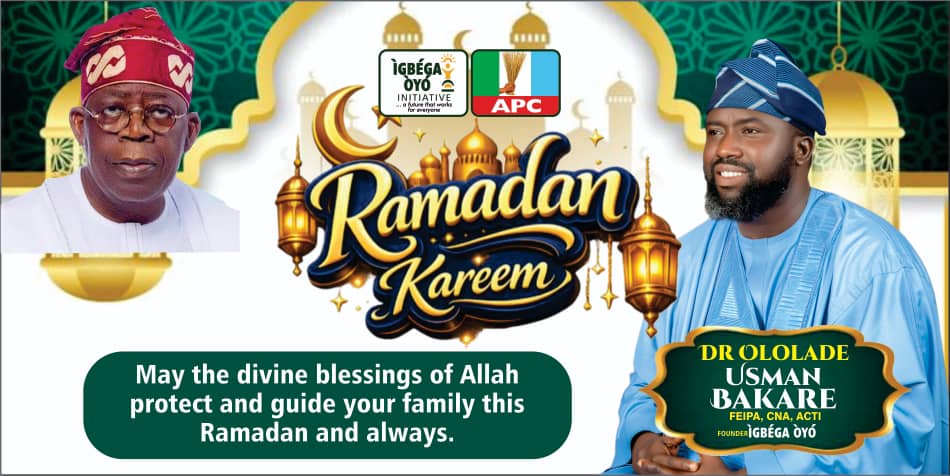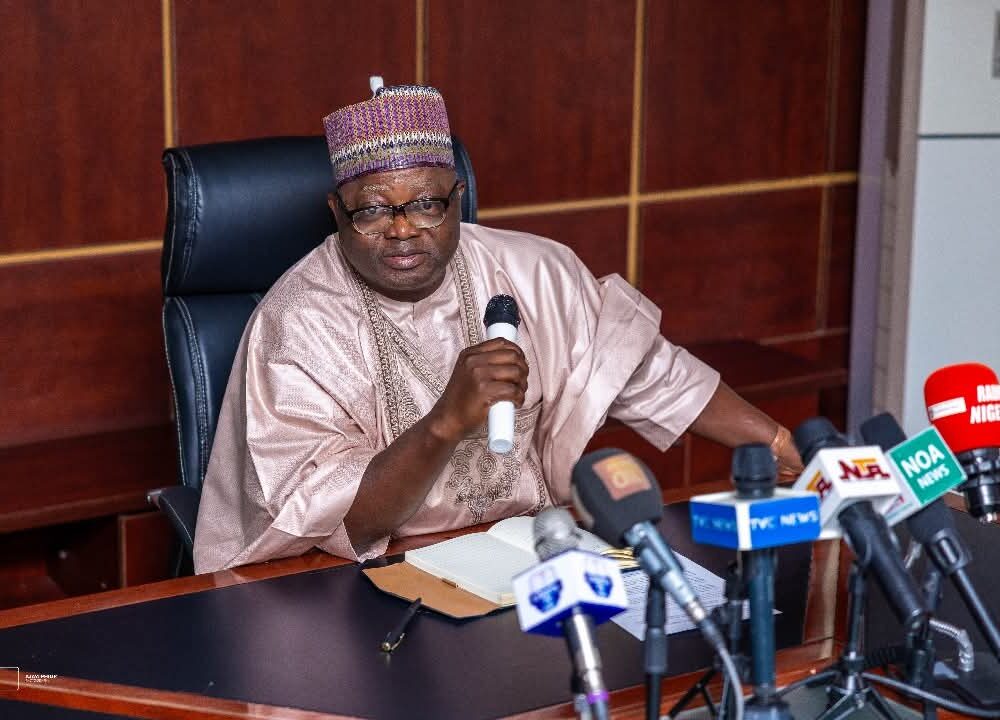In a recent Senate screening session, Alhaji Mohammed Idris Malagi, the nominee from Niger State, outlined his vision for a digital Nigeria, highlighting key points aimed at propelling the nation into the forefront of the digital age. With a background as the Publisher of Blueprint Newspaper and CEO of WeFM, coupled with being a fellow of the Nigerian Institute of Public Relations (NIPR), Malagi’s insights carry weight and potential for significant impact.
1. Investment in Digital Assets: Malagi stressed the urgent need for more substantial investment in Nigeria’s digital assets to meet international standards. Recognizing the importance of technological advancement, he emphasized that this investment would play a pivotal role in catapulting Nigeria to a prominent position on the global stage.
2. Training and Retraining Media Workers: The nominee highlighted the significance of adequately training and retraining media workers to maximize the potential of digital equipment. By ensuring the workforce is well-equipped with the necessary skills, Nigeria can leverage its human capital to drive progress in the digital sphere.
3. Enabling Environment for Private Sector-Driven Economy: Malagi advocated for creating an enabling environment that encourages a private sector-driven economy. He believes that such an environment will foster increased engagement and opportunities for young people, ultimately curbing unemployment and taking more individuals off the streets.
4. Collaboration between Government and Private Sector: The nominee emphasized the importance of collaborative efforts between the government and the private sector. Malagi sees this as a crucial step in achieving sustainable growth and development, encouraging private sector participation in the nation’s economic advancement.
5. Focus on Transparency and Accountability: Malagi stressed the significance of providing credible information to the public, underscoring its role in promoting transparency and accountability in resource management. He pledged to prioritize communication and ensure that Nigerians are well-informed.
6. Combating Fake News: Recognizing the challenges posed by the proliferation of fake news, the nominee expressed his commitment to leveraging Nigeria’s digital assets to counter misinformation and ensure accurate and reliable information dissemination.
7. Embracing Digital Media for Campaigns: Drawing from his experience as Tinubu’s Director of Strategic Communication during the campaigns, Malagi highlighted the need to utilize digital media effectively to promote campaign manifestos and engage with the electorate.
8. Advancing Broadcasting Technologies: While praising the efforts of institutions such as FRCN and NTA, Malagi urged a focus on adopting advanced technologies to enhance the quality of broadcasting, particularly improving picture quality for better viewer experience.
Overall, Alhaji Mohammed Idris Malagi’s vision for a digital Nigeria encompasses several critical aspects essential for the nation’s growth in the digital era. His emphasis on investment, skills development, private sector involvement, and effective communication makes him a promising candidate for the ministerial position.
As the screening process continues, stakeholders are hopeful that the Senate recognizes the value of his vision for a prosperous and technologically advanced Nigeria.





